While hot and humid summer months require you to go easy on your skin, the cold winter season is a time to add extra steps and particular ingredients to our skincare routines.
In this blog post, we talk about ‘winter ingredients’ – those that significantly benefit our skin during the winter period and have to be excluded or used carefully in summer.
Must-use ingredients in the winter season (and by that, we imply cold weather) are hyaluronic acid, AHAs, ceramides, niacinamide, retinol, and vitamin C.
Contents
- How Temperature Changes Affect Our Skin
- Skin Barrier in Winter Time
- Itchy Skin in Winter
- The Name of the Game: Hydration and Hyaluronic Acid
- Winter Is the Right Time for AHAs
- Ceramides – Your Ally Against the Negative Effects of Winter Weather
- Niacinamide – Perfect Accomplice to Fight Dry Skin in Winter
- Retinol – Enjoy Its Full Potential During Winter
- Vitamin C – Not Reserved for Winter Exclusively
- Sunscreen – a Year-Around Essential
- Winter Skincare Routine
How Temperature Changes Affect Our Skin
In the cold season, our skin goes through significant changes due to the difference in temperature and humidity outside and in closed, heated spaces. During the day and working hours, we mostly stay in central heating conditions and then get out to low temperatures. Extreme skin temperature changes affect skin structure and function negatively, and that’s when unwanted consequences on our skin start happening.
Skin Barrier in Winter Time
Changes in temperature and humidity can cause irritation that results in dry skin, even with people who regularly don’t have a problem with dryness. Symptoms can vary and be of different intensities, some of them including flaking, rough patches, cracks, redness, itching, stinging, a raw sensitive-to-the-touch feeling.
Itchy Skin in Winter
If we briefly move our focus from the face and neck to the body, a specific symptom occurs, even among those who don’t have extremely dry or sensitive skin or don’t even face winter skin challenges on their faces.
This symptom affects mostly body parts, and there is much more you can do to protect your skin barrier other than applying topicals. In this article, you can find a few recommendations from experts regarding handwashing, switching detergents, paying attention to clothing fibers, and similar. If you are facing a type of dermatitis – known as pruritus hiemalis, which is a serious form of winter itch, this article might be your first stop, but you should consult a dermatologist on how to protect yourself optimally.
The Name of the Game: Hydration and Hyaluronic Acid
Hydration is a top priority both in winter and in summer times. It is an entire year’s necessity and should be on top of our skincare lists. One of the main benefits of hyaluronic acid is its exceptional ability to provide intense hydration to the skin. Due to its unique molecular structure, it can hold up to 1000 times its weight in water. When applied topically, it forms a moisture-locking barrier on the skin’s surface, preventing moisture loss and promoting a plump and supple complexion.
Hyaluronic acid works wonders in moisturizing your skin due to its unbelievable ability to retain moisture. Moisture is essential because dehydrated skin (meaning the top layer of the skin lacks water) appears dry, rough, and flaky. Besides those two effects, there are many other benefits from hyaluronic acid, such as anti-aging, wound healing, anti-wrinkle effect, increased skin elasticity, boosting the effectiveness of other skincare products, etc.
Winter Is the Right Time for AHAs
Various skin experts claim you can safely use acids during summertime if you pay attention to how and when you apply them. Researchers confirm that using AHA products can increase skin’s sensitivity to UV light damage. No panic, as it is luckily also proved that stopping the usage of the product reverses the sensitivity. If you do decide to use them in summer, make sure you educate yourself properly. If you don’t – no worries, wintertime will come soon enough.
The most common AHAs (alpha-hydroxy acids) are glycolic acid and lactic acid. AHAs can be found in a variety of cosmetic products, including facial cleansers, toners, moisturizers, and serums. Each AHA has unique benefits, so it’s important to select the right AHA for your specific skin type and concerns. AHAs are often used to improve the appearance of fine lines, wrinkles, and other signs of aging. They can also help to diminish the appearance of acne scars and hyperpigmentation. In addition, AHAs can help to increase collagen production, resulting in firmer, more youthful-looking skin.
Ceramides – Your Ally Against the Negative Effects of Winter Weather
Many of us look into ways to increase ceramides in our skin in the winter, as they are an inevitable ingredient to replenish the skin barrier and lock in moisture. Ceramides are lipids that make up to 50% of our epidermis (the outer layer of our skin), and they are especially important for the skin during winter. That is because their primary function is protecting and keeping the skin moisturized, which is a basic need for our skin no matter the season, but in winter in particular. There are natural ceramides (just explained), and then there are synthetic ceramides that are used in skincare products.
Niacinamide – Perfect Accomplice to Fight Dry Skin in Winter
Niacinamide is a form of Vitamin B, and it strengthens your skin’s moisture barrier, which enables the barrier to keep the moisture level better. That makes it perfect for dry skin in winter. The benefits of using this type of vitamin B3 reflected in the overall skin health as it helps build keratin, a protein that maintains skin health. It also causes the skin to become stronger, smoother, and brighter.
Retinol – Enjoy Its Full Potential During Winter
You probably know this one by heart, but let’s do a quick course about basic facts. Retinol is a form of vitamin A. It is an ingredient added to skin creams, lotions, and serums. It has anti-aging effects and can help clear acne. Products containing retinol are widely available over-the-counter, and stronger concentrations of retinoids are available by prescription. Learn more in this article. Retinol and sun are often said to have a bad relationship, although it can be safely used during the summer season with the right safety protocol. Winter is a perfect time, though, to fully incorporate it into your skincare routine and enjoy its worldwide known benefits.
Vitamin C – Not Reserved for Winter Exclusively
Although vitamin C is not exclusively designated for winter times, we shouldn’t neglect it while listing the most important ingredients for the winter season. While your body needs vitamin C to build up an immune system, your skin needs it as well in winter since vitamin C serums deliver multiple benefits to dull and dry skin. In addition to providing hydration that reduces symptoms like irritation and itching, a quality serum also creates a protective shield that helps prevent the signs of dry skin from returning. Those qualities make vitamin C your true companion during the winter season.
Sunscreen – a Year-Around Essential
Although it is associated primarily with exposure to sun during the summer, SPF should be used all year long. To prevent the signs of aging, SPF is a must in your daily routine, regardless of the season. The importance of sunscreen during winter lies in the fact that over 90% of UV rays can pass through a light cloud cover and cause sunburn.
Winter Skincare Routine
A proper skincare routine for colder days is a separate topic that is focused on the transition period from summer to autumn. If you want to find out more, we have another blog post to fit perfectly to your curiosity.


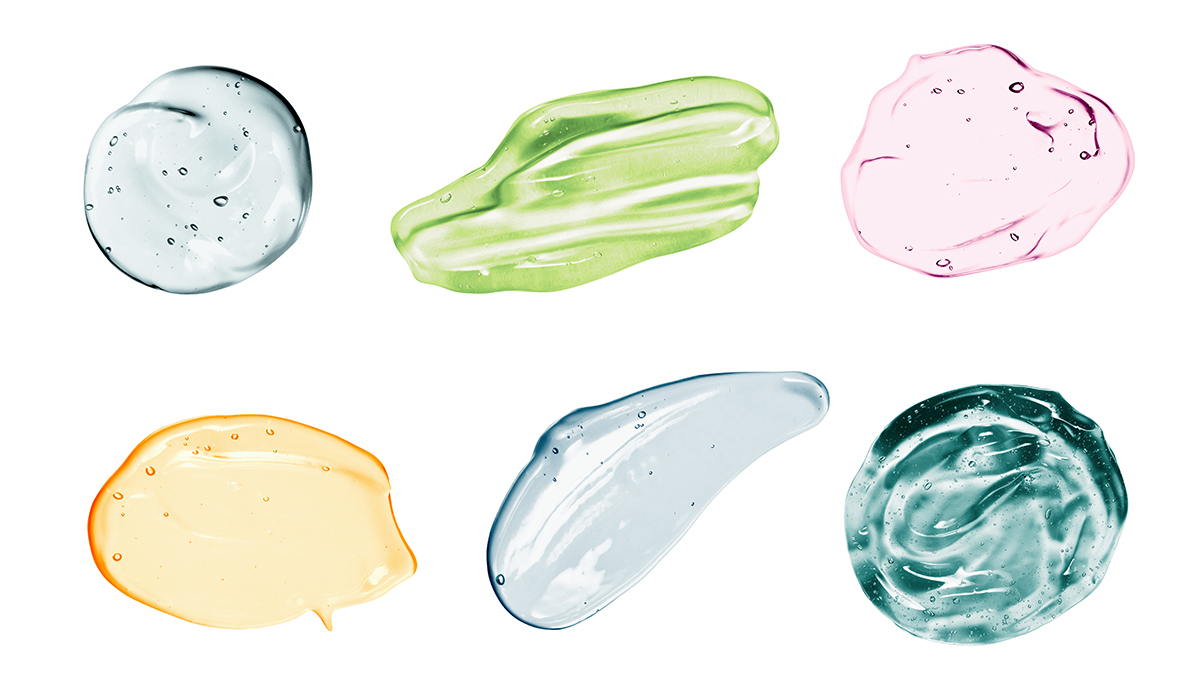


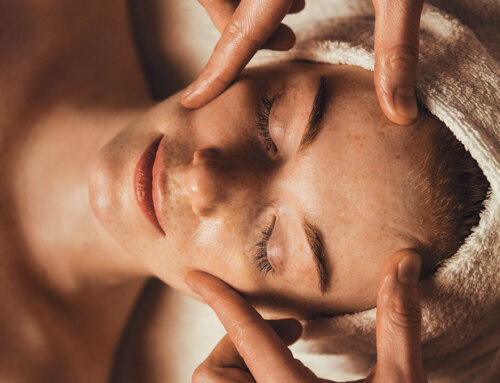

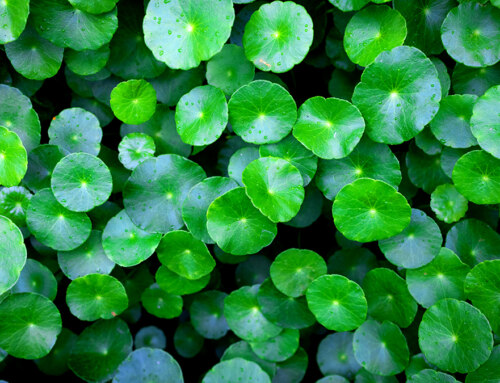
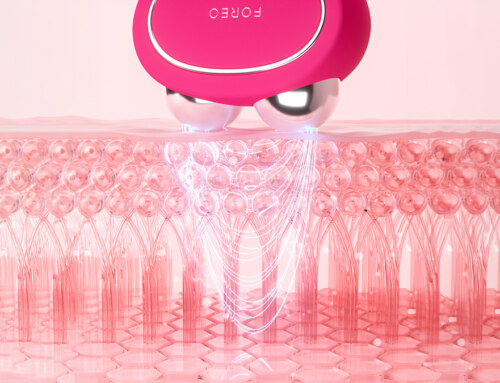







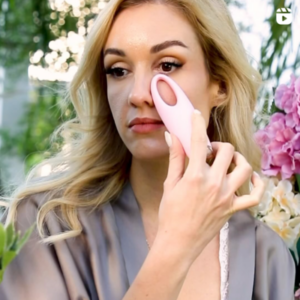

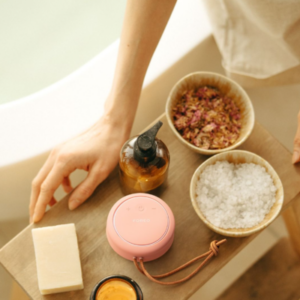


Leave A Comment